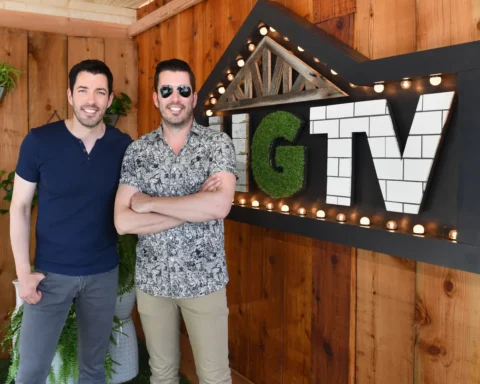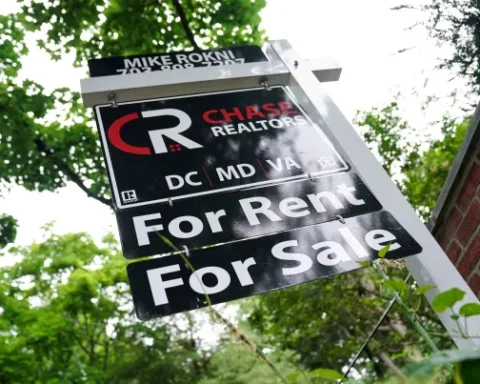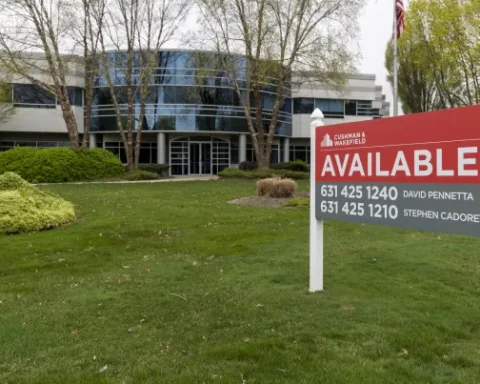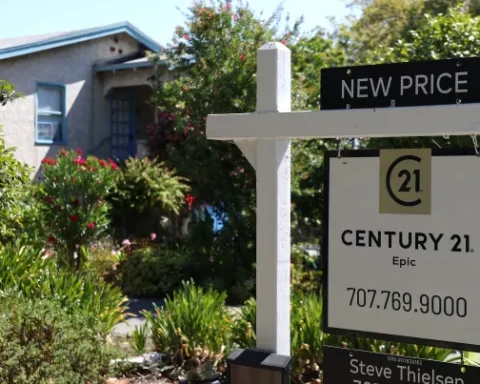Record inflation may have people questioning whether homeownership is still a good investment. With home prices rising faster than incomes, homeowners feel the financial pinch as maintenance costs soar.
The Growing Cost Burden of Homeownership
More than one in four homeowners with mortgages is now considered “cost-burdened,” meaning they spend over 30% of their income on housing costs. According to a 2023 analysis by the Chamber of Commerce, this trend is becoming increasingly common.
“Unfortunately, a lot of people go into buying a home, and they don’t understand that their monthly payment could change,” said Devon Viehman, regional vice president for the National Association of Realtors. Homeowners often overlook two essential expenses: property taxes and home insurance.
Property Taxes and Home Insurance: Unexpected Increases
“What many [homeowners] have failed to anticipate is the rise in property taxes—and that’s correlated to the rise in the value of their home, something that at some level helps them—as well as the increased cost of paying for that insurance,” said Mark Hamrick, senior economic analyst at Bankrate.
Property taxes have risen dramatically. According to a February 2024 study by CoreLogic, homeowners whose properties were reassessed between 2019 and 2023 saw a median tax increase of 25%. This translates to an annual median tax increase of over $600.
Home insurance is another significant expense that can rise unpredictably. Between 2021 and 2023, average home insurance premiums increased by 20%, with Insurify estimating a further 6% rise by the end of 2024. States like Florida, Louisiana, Texas, and Colorado have experienced the most significant hikes, mainly due to extreme weather events.
The Concept of ‘Paper’ Wealth
According to a 2022 report from the National Association of Realtors, single-family homeowners accumulate an average of $225,000 in wealth from their homes over ten years. However, Mark Hamrick cautions, “That wealth boils down to being primarily only on paper, and the time that you cash in that asset is when you sell the home.”
Advice for Prospective Homebuyers
Devon Viehman of the NAR suggests that those considering buying a home rely heavily on their realtor for guidance. “Lean on their realtor first,” she advises. Homebuyers should ask about the history of costs associated with owning the home, including property taxes, insurance, and utility bills.
“Just because you qualify for $3,000 a month in a mortgage payment doesn’t mean you should max it out right now,” Viehman said. “Go a little lower than that to give yourself that room.”
Strategies for Current Homeowners
Homeowners struggling to meet their monthly payments have several options. The Consumer Financial Protection Bureau recommends contacting the Department of Housing and Urban Development for possible assistance programs. Additionally, homeowners can contact their mortgage servicer to discuss repayment plans or loan modifications.
Switching insurance companies can also be beneficial if premiums become too high. “You should be interviewing insurance companies,” Viehman said. Interview everyone. Interview a few lenders. Interview a few realtors. Interview a few insurance agents because they all offer different things, and you must find what works best for you.”
As home valuations rise faster than incomes, homeowners face increasing financial challenges. By understanding the potential for rising costs and seeking expert advice, prospective and current homeowners can better navigate the complexities of homeownership.







